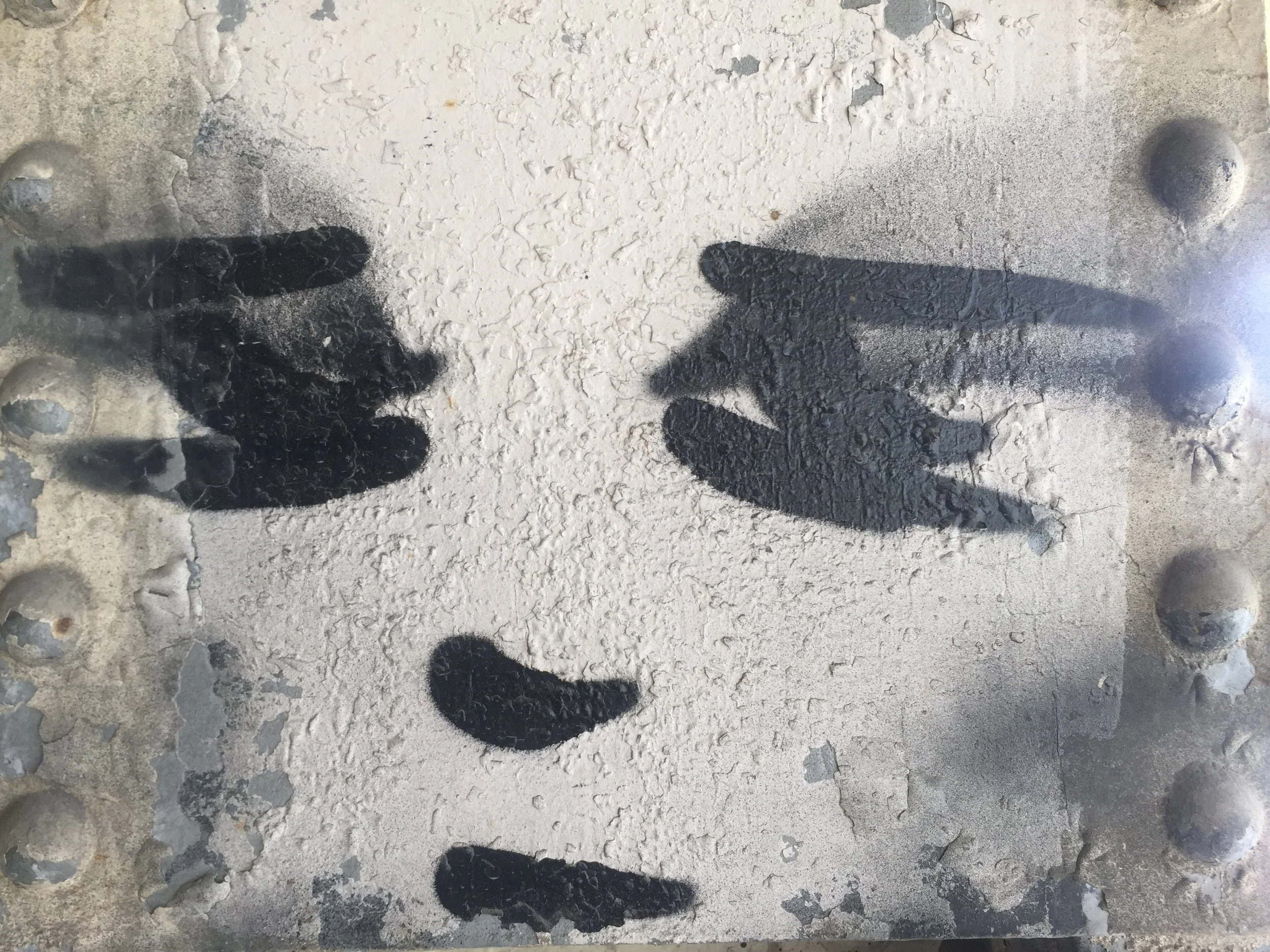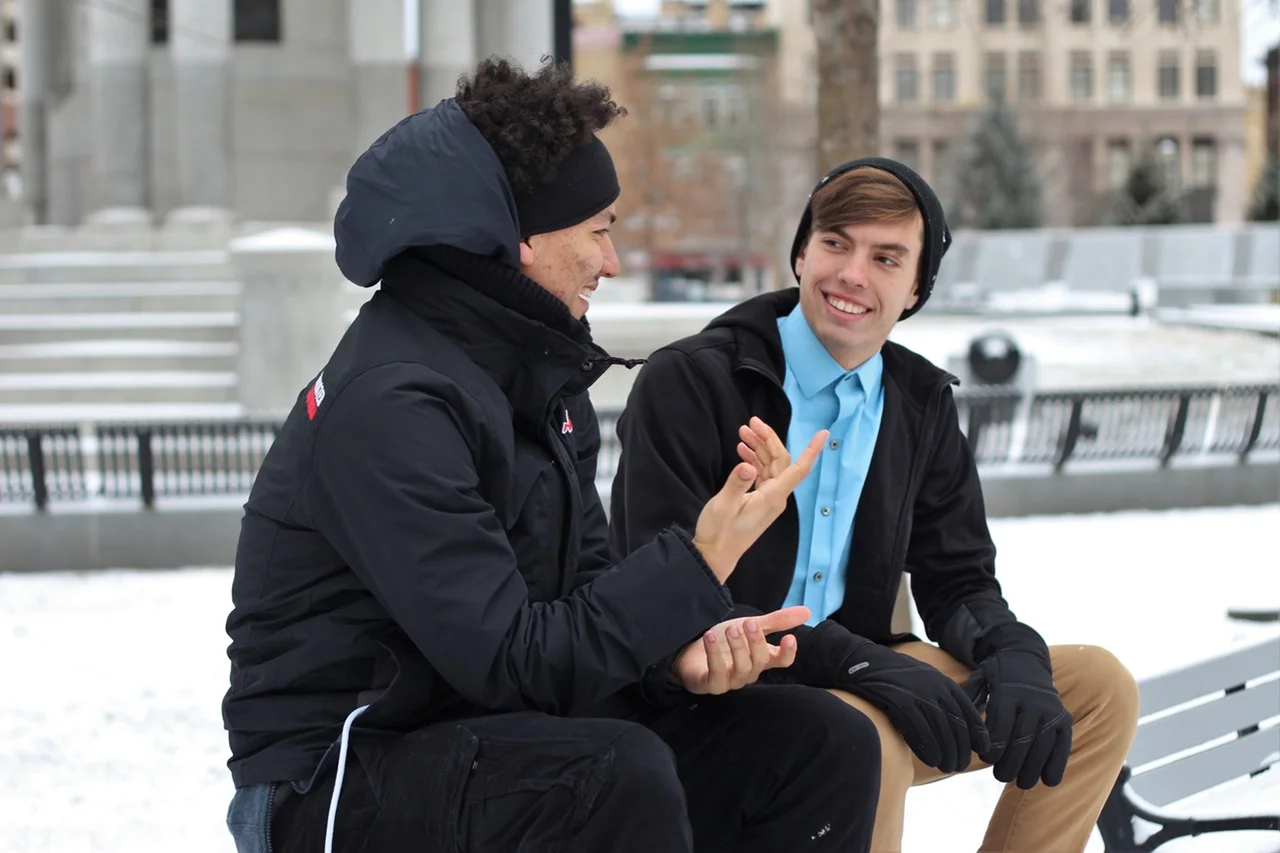It’s hard not to listen when the universe sends us its messages. When I hear on several occasions, “Where’s the hope in what you are saying?”, I can’t help but pay attention.
Here are a few recent examples: Last week on social media, several friends and I were exploring the intertwined history of constitutional rights and racism, when one person said, “I agree with what you are saying, but where is the hope?” The other day, a case conference facilitator suggested the same thing as my group gathered to hear notes from my colleague’s work: “Listen for the hope in this session.” And last week a patient said to me, “Your plants look so healthy; I kill all of mine.” When I responded to him about the way life and death seem so close together, something inside me felt like I missed something important. Later, I realized that I missed a chance to name his hope that I could help him become healthy, just like my plants. So, I am asking myself, where is the hope in my words, work, and actions; and what is hope, really?
In my work as a psychoanalytic psychotherapist helping to unpack the deeper issues beyond behavior change, and as a person in society working toward uprooting and exposing white supremacy, I get down in the dirt quite often. To me, coming face to face with truths is a liberating and hopeful practice, even though this practice often feels painful and disorienting. Exposing something we wish to hide from ourselves that perpetuates destructive (and deadly) patterns is a powerful endeavor, which often feels terrible. After all, there are often several reasons we keep these truths inaccessible, including that we may discover we’re implicated in our own trauma and painful experiences, as well as the trauma and pain of others. Most of us are hardly ever sure we can bear knowing this kind of truth.
Even when we come into direct contact with the pain of being human, there is still room for hope. But it feels important to me to distinguish hope from something more like an idealistic optimism. Author Rebecca Solnit describes this well: She says that optimism and despair are two sides of the same, predictive coin. They both imply an expectation that we know how things will turn out: They will either be all good or all bad, without any room for uncertainty.
Read More



